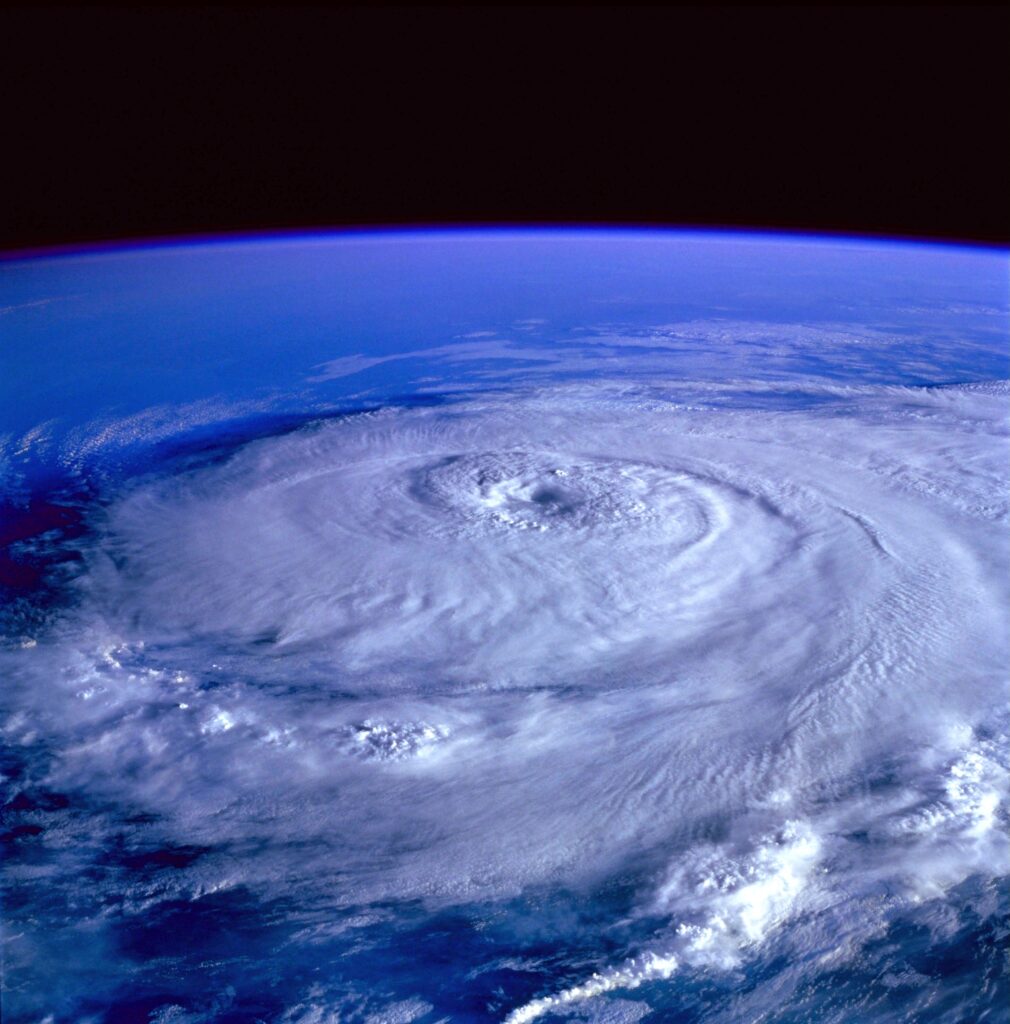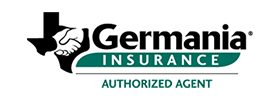If you have auto insurance and a peril covered under the policy occurs, you need to file a claim to receive a settlement. However, it’s critical that you file your claim correctly because failure to do so can result in the claim being rejected by the insurer. Ellis Insurance Agency provides this guide on how to correctly file your car insurance claim in San Antonio, TX.
Filing An Auto Insurance Claim: What You Need To Know
1. Call the 911 and Your Insurance Company
Depending on what has happened, the first thing you should do after an incident that is covered by your car insurance policy occurs is to call 911 and your insurance company. If it’s a criminal incident like theft or vandalism, your first call should be the police, then your insurer. If it’s an accident, call the police and emergency services so that anyone injured can receive timely medical attention, and then call your insurer. If the incident is damage to your vehicle due to a natural disaster, all you have to do is call the insurer.
2. Collect Evidence of the Incident
At Ellis Insurance Agency, we recommend that during your call with your insurer, you inquire what evidence they would need of the incident to assess your claim. In the case of an accident, vandalism, or damages by a natural disaster, use your smartphone to take detailed photos of the damage to your vehicle. Ensure that also capture wide-angle images of the location of the incident. In the case of theft, capture pictures of where the car was when it was stolen and get a police report.
3. Submit Your Claim With Evidence
Fill out the claim form from your insurer and submit it with the evidence you collected. Your auto insurer will review your claim, and if everything matches up with the terms of your policy, your claim will be approved.
Contact Us Today
Do you need auto insurance in San Antonio, TX and the surrounding areas? Call Ellis Insurance Agency today.

























